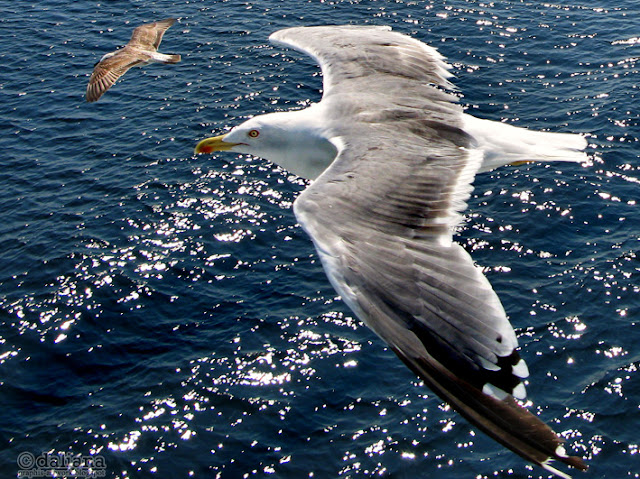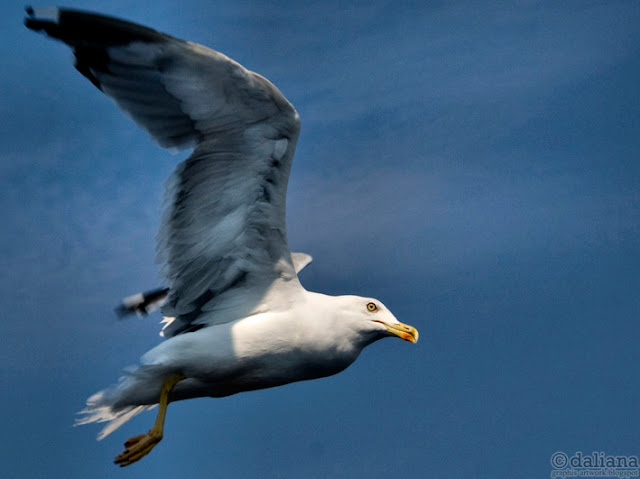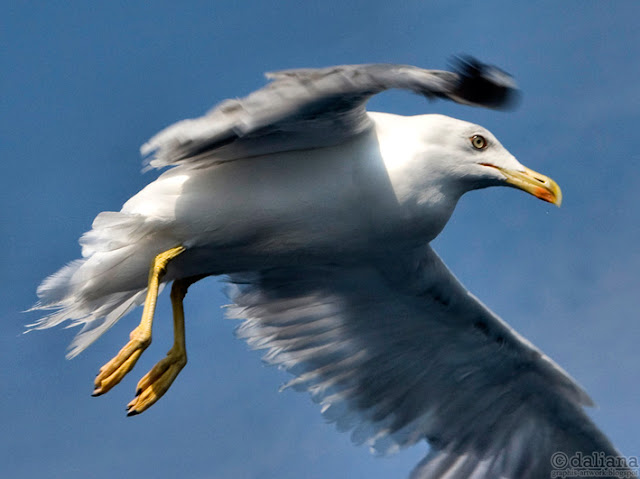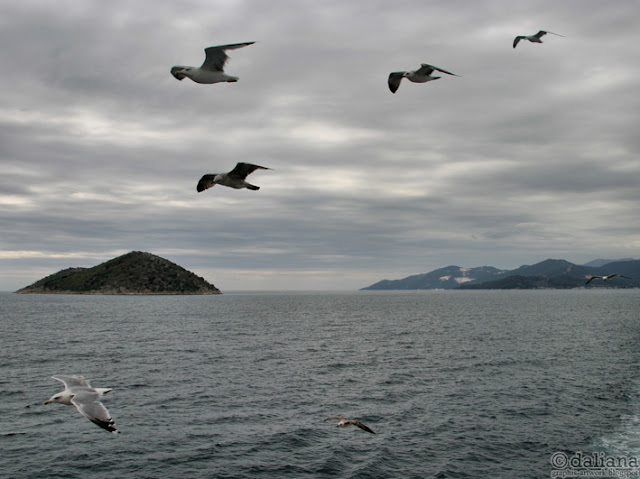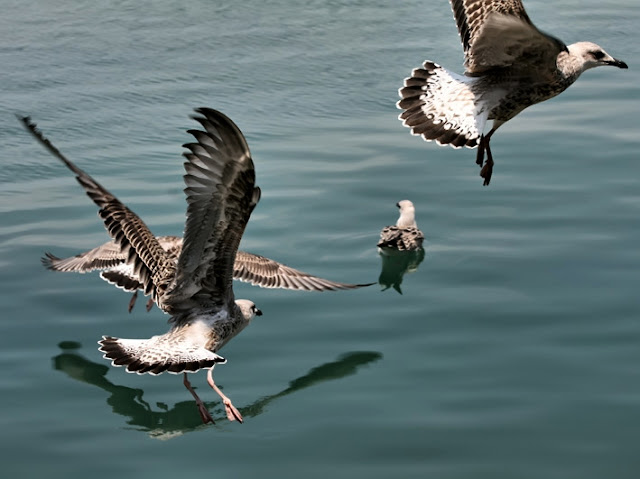'To the real
Jonathan Livingston Seagull,
who lives within us all.'

about Richard Bach
Richard David Bach  was born June 23, 1936, Oak Park, Illinois. He is an American writer. He is widely known as the author of the hugely popular 1970s best-sellers Jonathan Livingston Seagull, Illusions, The Adventures Of A Reluctant Messiah and others
was born June 23, 1936, Oak Park, Illinois. He is an American writer. He is widely known as the author of the hugely popular 1970s best-sellers Jonathan Livingston Seagull, Illusions, The Adventures Of A Reluctant Messiah and others
His books espouse his philosophy that our apparent physical limits and mortality are merely appearance. He claims to be a direct descendant of Johann Sebastian Bach. He is noted for his love of flying and for his books related to air flight and flying in a metaphorical context. He has pursued flying as a hobby since the age of 17.
The story is about Jonathan Livingston Seagull , an ordinary seagull who is more interested to know about flying then just eating fish.
Jonathan Livingston Seagull is a 1973 American film directed by Hall Bartlett, adapted from the novella by Richard Bach. The film, which has no human actors on screen, tells the story of a young seabird who, after being outcast by his stern flock, goes on an odyssey to discover how to break the limits of his own flying speed.
Once you start reading you understand that the story can be , or is, related to human beings. We mostly live for the sake of living and do not seek the purpose of life and do not travels beyond ordinary and remains ordinary.
I am sure many of you have read this but please read if you haven’t, and re-read if you have already.
the movie Jonathan Livingston Seagull / 1973 /full:
To Dean
